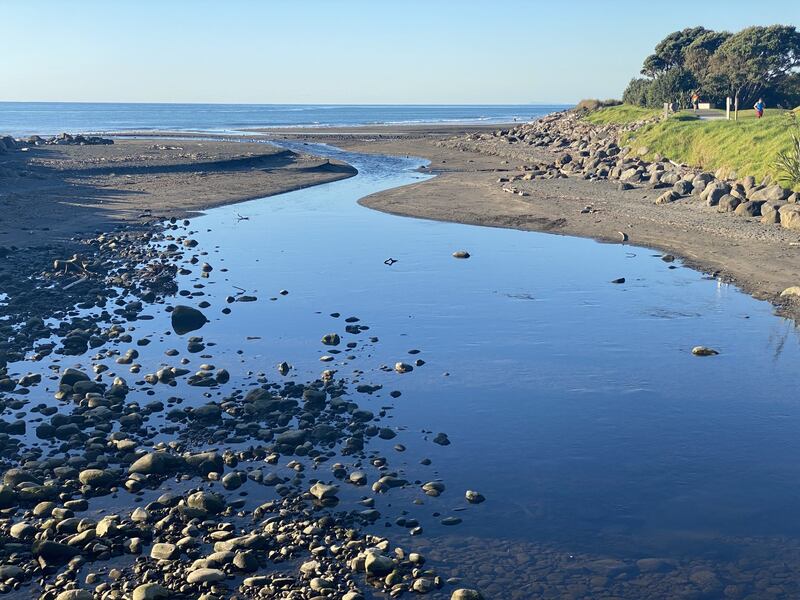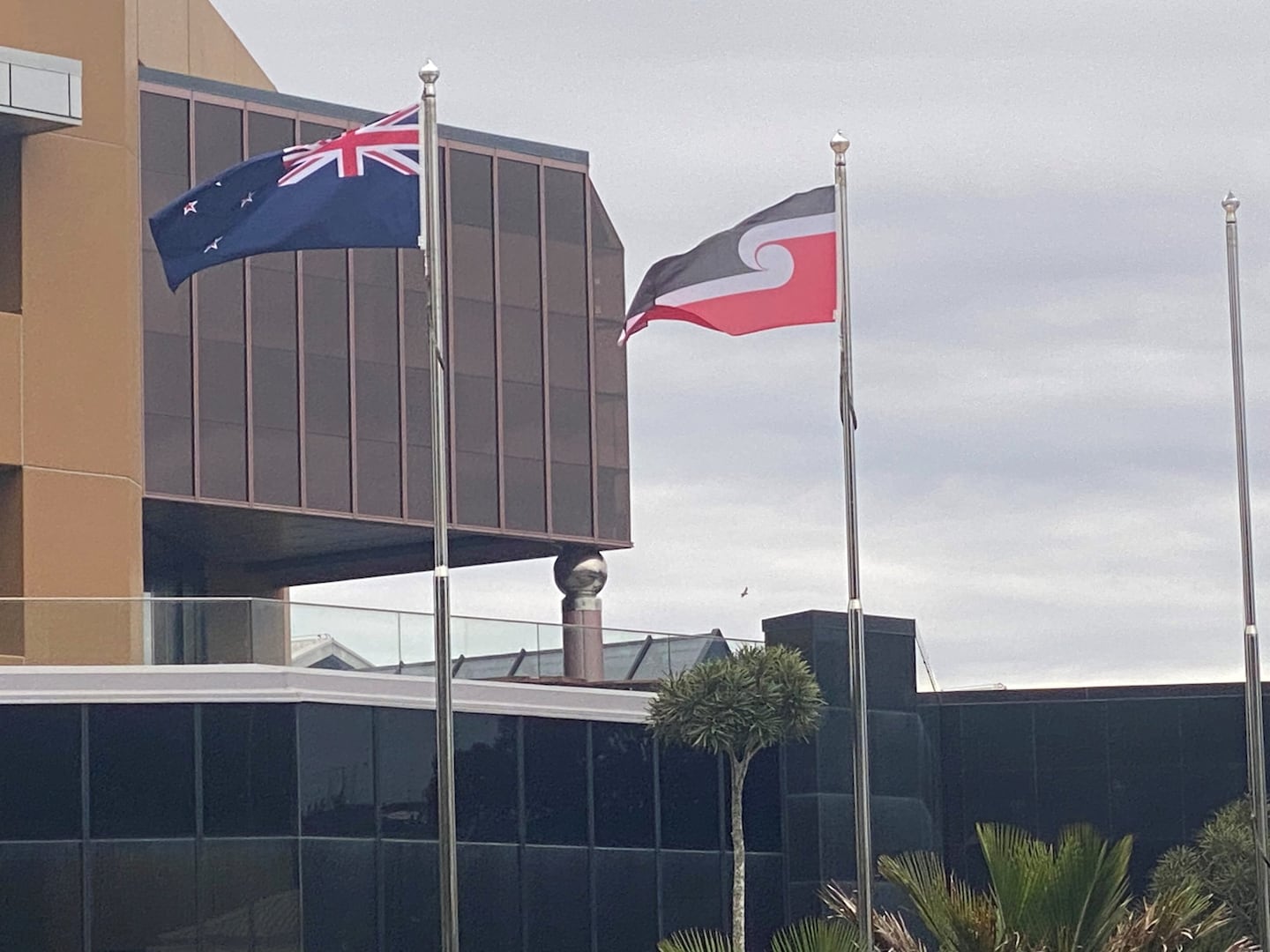New Plymouth’s council has put kaitiakitanga at the core of a new environmental sustainability policy.
As Parliament gears up for six months of public debate on the principles of Te Tiriti, New Plymouth District Council’s new sustainability policy is “underpinned by principles” about how to put it into practice.
The first of five principles is kaitiakitanga, with a definition lifted directly from iwi agency Te Kōtahitanga o Te Atiawa’s environmental management plan Tai Whenua, Tai Tangata, Tai Ao.
“Kaitiakitanga is an inherent intergenerational responsibility and right of those who are tangata whenua to ensure the wairua and the mauri of environmental and cultural resources within their rohe are healthy and strong, and the life-supporting capacity of these ecosystems is preserved.”
“Kaitiakitanga entails an active responsibility to preserve and protect the whenua, waters, taonga species, wāhi tapu/wāhi taonga, urupā and sites of significance to Māori, today and for generations to come.”
The proposed sustainability policy pledges to help iwi and hapū meet their environmental obligations.
“Council recognises that mana whenua kaitiakitanga obligations are inextricably affected by the statutory powers and functions of the Council.
“Council therefore has a responsibility to uphold Te Tiriti partnerships with iwi and hapū on environmental matters.”
“Council will engage kanohi ki te kanohi (face-to-face) and take guidance from Iwi and Hapū Management Plans on environmental sustainability matters.”

The other principles are:
• maximise improvements across the community;
• use innovative nature-based solutions;
• focus on whole-of-life environmental costs; and
• measure and report results.
The principles are to guide staff how to meet the council’s four main priorities, called Environmental Sustainability Pou.
The four pou are:
• reduce, re-use, recycle;
• mitigate and adapt to climate change;
• protect and increase biodiversity; and
• sustainable transport and travel.
Senior policy advisor Greg Stevens told councillors the policy has to be implemented within existing budgets.
He said the policy would “provide a single coherent statement of our main environmental objectives as Council, to help guide decision-making into the future to be focused around those [pou].”
The new Māori principle, backed by pledges to help and be guided by iwi and hapū, drew no comment from councillors at this week’s Strategy and Operations Committee meeting.
Instead they spent 20 minutes debating and passing an amendment to the policy to make sure the council wasn’t telling people to use their cars less.
The report to councillors said the proposed policy was consistent with previous council decisions including its Climate Action Framework, District-Wide Emissions Reduction Plan, Waste Management and Minimisation Plan, Infrastructure Strategy, proposed District Plan and draft Integrated Transport Framework.
The policy could also work with key budgets and priorities of the Long Term Plan, such as water conservation, native plantings, a high frequency bus trial, climate change planning, wastewater investment and walking and cycling infrastructure.
The report warns that the policy “makes commitments towards certain actions without being accompanied by capital and operating projects or budgets that achieve those goals.”
But it goes on to explain “the purpose of the policy is to influence future decision-making across Council, including future annual and long-term plans where those decisions are appropriately made.”
LDR is local body journalism co-funded by RNZ and NZ On Air


